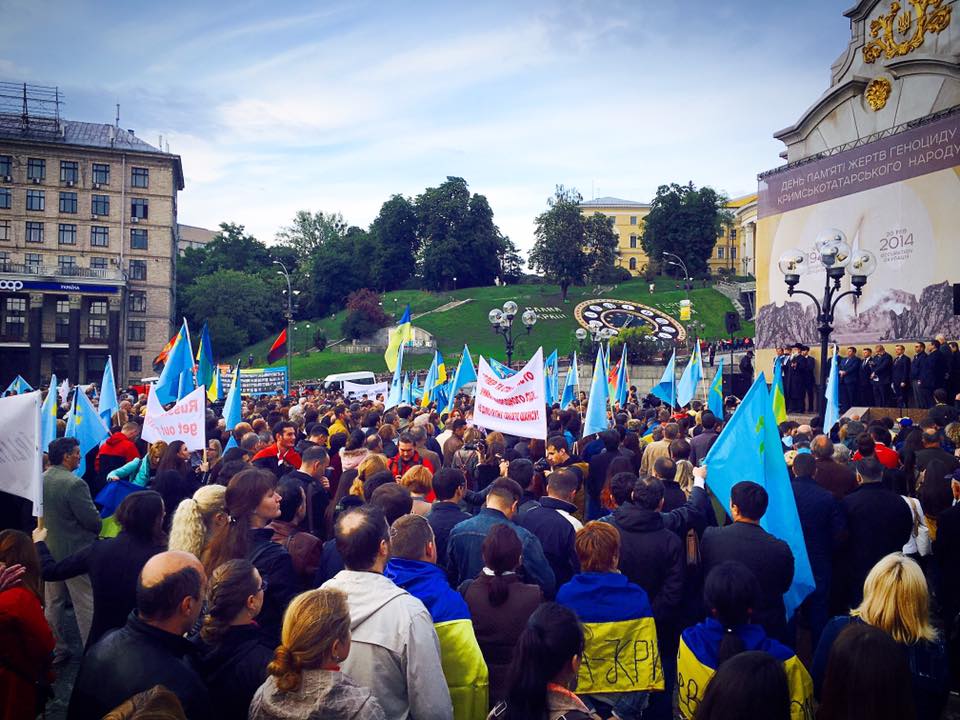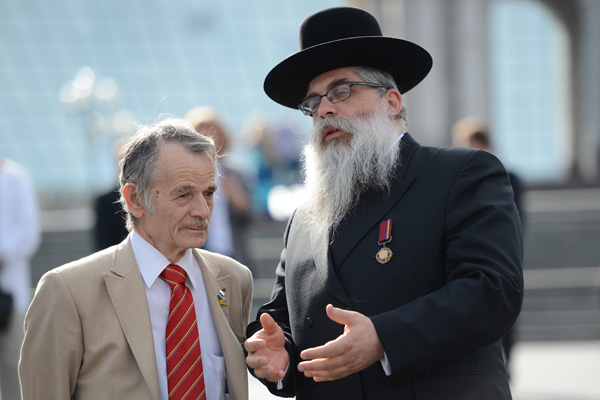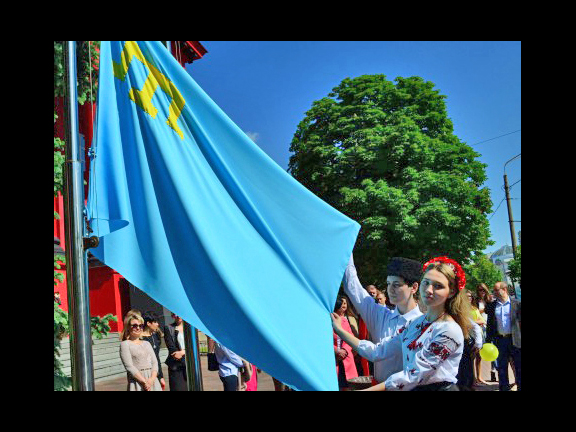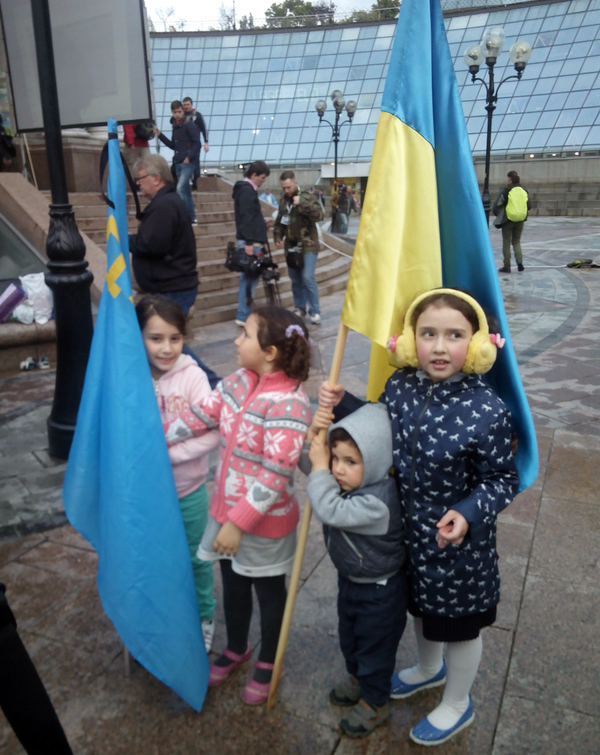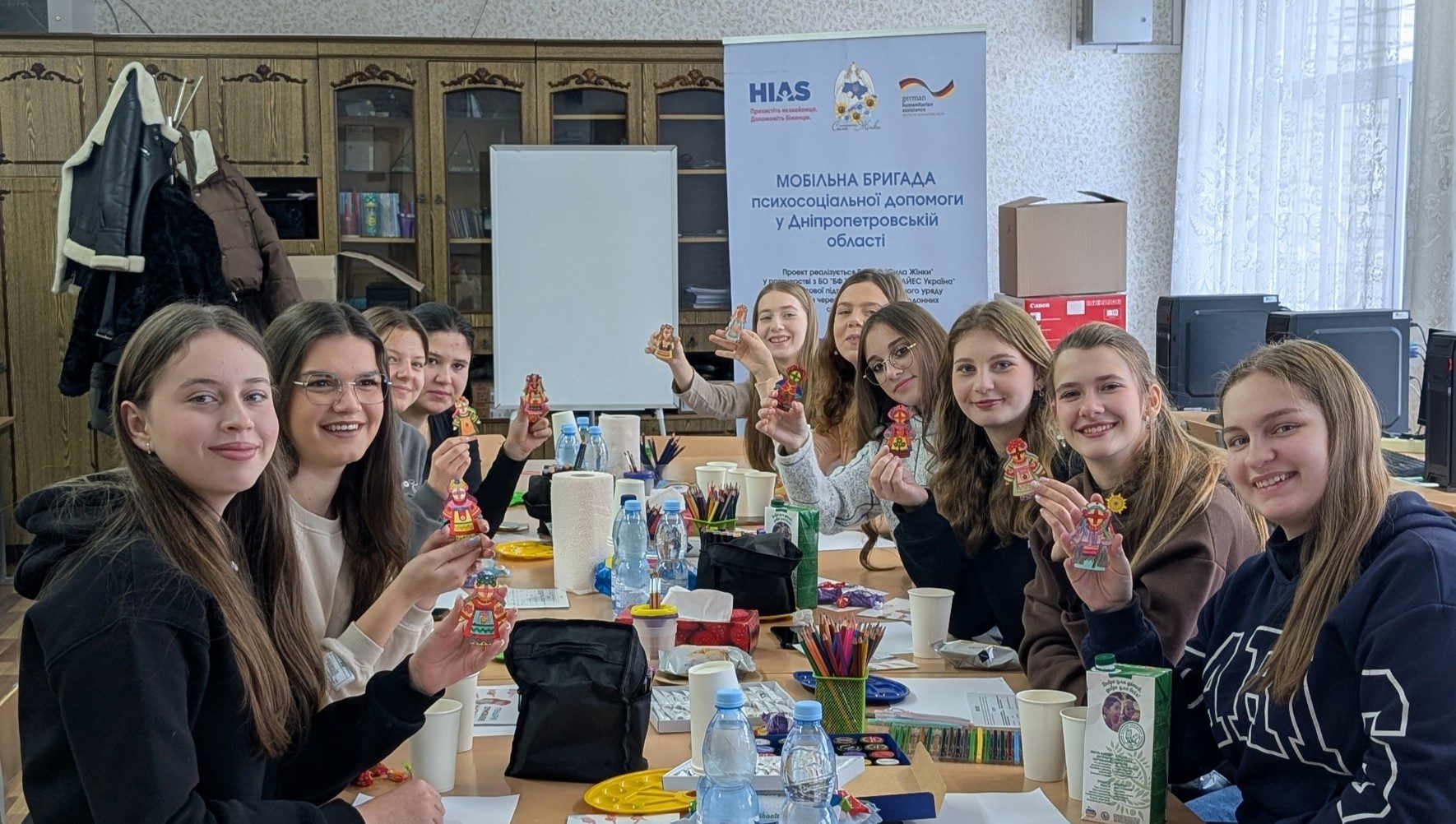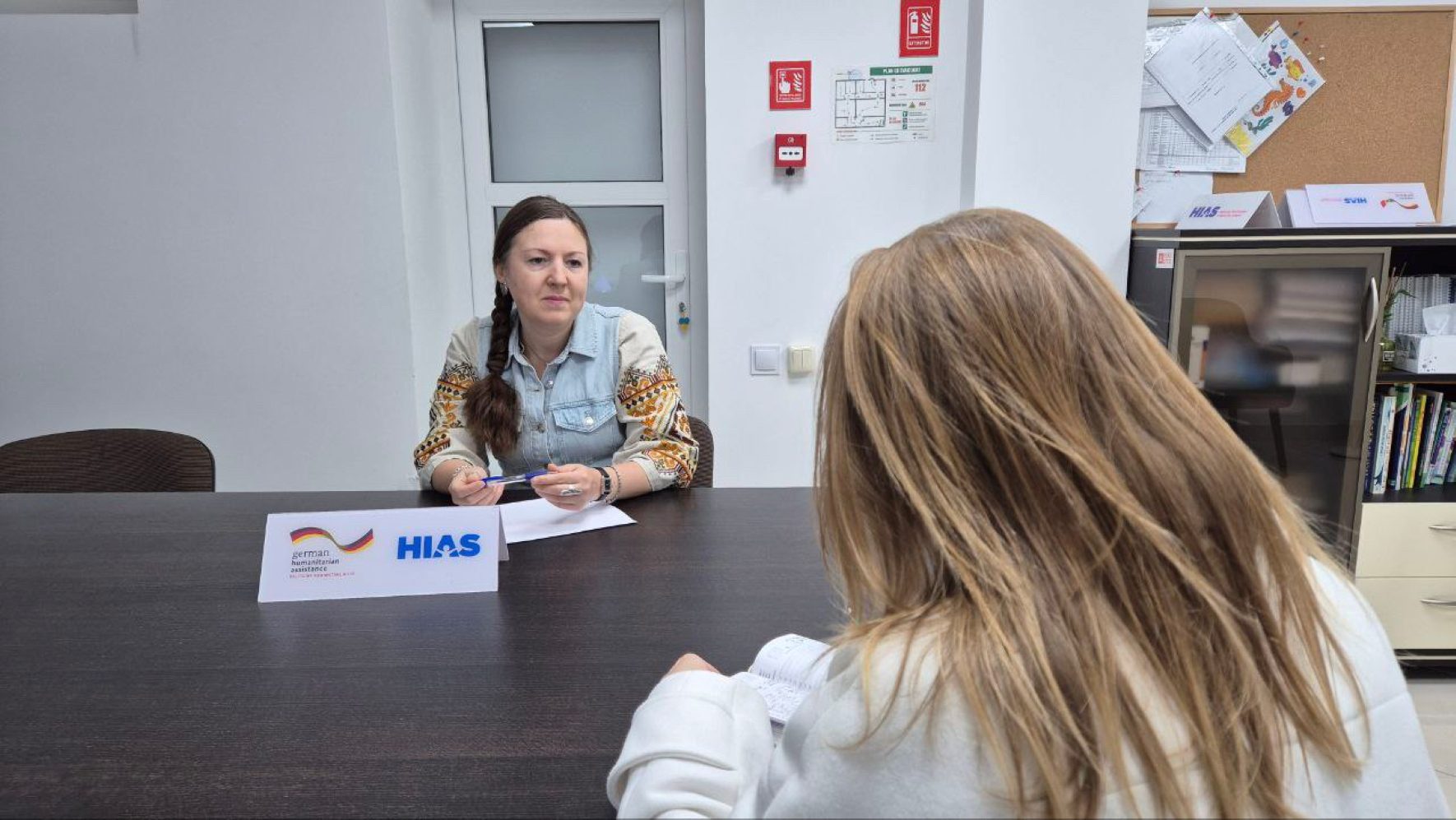Ukraine Remembers the Crimean Tatar Genocide
May 20, 2016
In 1944, following the liberation of the Crimean Peninsula by the Soviet Army, nearly 200,000 Crimean Tatars, a Turkic ethnic minority, were unjustly accused of aiding and abetting the Nazi regime and ordered by Joseph Stalin to be forcibly expelled from their homeland to remote areas of the Soviet Union
The deportation of the Crimean Tatars began on May 18, 1944. They were exiled to Central Asia, sent on overcrowded trains not designed to transport people. Many died of starvation, diseases and inhuman conditions during the 10-14 day journey. The majority of the deportees were elderly, invalids, women and children.
During and after the exile, 46% of the total Crimean Tatar population perished. More than 100,000 died during the first year and a half, according to some reports.
72 years later, on May 18, 2016, Ukraine held ceremonies to remember the Crimean Tatar people who lost their homes and their lives.
“They were slandered, destitute, deported, deprived of all rights, including the right to a homeland,” said Alexandr Galkin, Director of Right to Protection (R2P), HIAS’ partner agency Ukraine. “Armed soldiers went from door to door. They woke up sleeping Crimean Tatars and gave some only 15 minutes to get ready for their exile to unknown destinations.”
The Ukrainian Parliament adopted a resolution recognizing the event as a genocide on November 12, 2015. The resolution also designated May 18 as a national day of remembrance for the victims.
R2P regularly provides assistance to internally displaced persons, including those from Crimea, like Crimean Tatars. Although some Crimean Tatars later returned to Crimea, many faced systemic discrimination after the Russian annexation of Crimea in 2014 and were again forced to leave their native peninsula.
Despite poor weather, more than 1,000 people attended a rally in Kiev’s central square. Commemorative actions devoted to the memory of the victims of deportation were also held in cities across Ukraine.
"On behalf of the Jews of Ukraine and the world, I want to say that we are with you,” said Ukraine’s Chief Rabbi, Yaakov Dov Bleich, at the May 18 rally in Kiev. “We must raise our global voice, not hush up, as the world did during the Nazi regime. The world must hear and respond. We have to shout so that our voice is heard around the world."
At noon TV and radio stations in Ukraine stopped broadcasting as the whole country honored the memory of victims with a minute of silence.
"It is important to remember the crimes committed against an entire nationality. Almost 200,000 people, discriminated against on ethnic grounds, for many years deprived of home and basic human rights, deserve to be remembered," said Galkin.
This year’s winner of the Eurovision song contest, Jamala, is a Crimean Tatar singer from Ukraine. She won the with a song about those tragic events, called 1944. You can watch it below.
